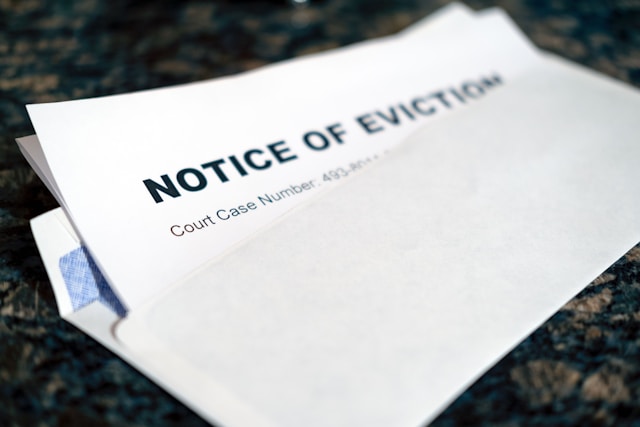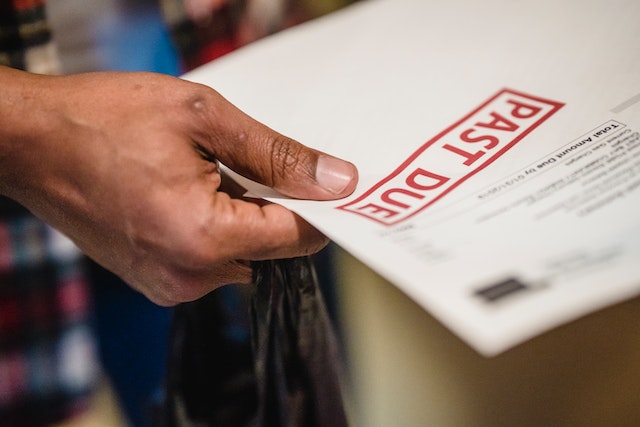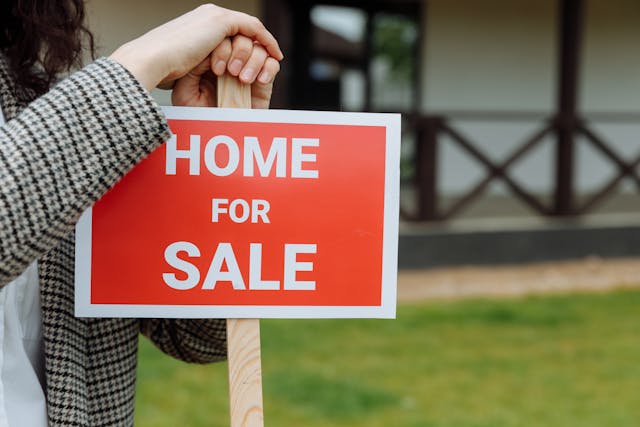
When you are in financial trouble, often the most troublesome aspect is housing. If you lose your home or apartment, it can be incredibly difficult to get back on your feet. As such, if you are facing eviction, it’s critical to understand what you can do in these times to help slow things down. One option for those in considerable amounts of debt is to file for bankruptcy. Though many understand the downsides of this and how it will impact your credit, you’d be surprised to learn how this can help you retain your home. The following blog explores what you should know about these matters and why it’s in your best interest to connect with an experienced Memphis, TN consumer bankruptcy lawyer who can help you navigate this complicated process.
What Is the Automatic Stay?
When you file for bankruptcy, you are granted what’s known as an automatic stay. Essentially this is a court order that informs creditors they must halt all collection efforts against you during the bankruptcy process. This is extremely beneficial, as it allows relief from phone calls, property seizures, and lawsuits against you for funds owed.
Can Bankruptcy Prevent Eviction?
It’s important to understand that the automatic stay can help prevent eviction for those behind on their rent payments. Your landlord is technically a creditor, so their “collection” efforts against you, including evicting you, can be halted if you file for bankruptcy.
It is important to understand, however, that if your landlord has already received a judgment of possession or eviction from the courts before you file, they can still legally proceed in evicting you. If they have not received this court order, however, you’ll find that filing for bankruptcy can be extremely beneficial in helping you retain your housing.
Generally, you’ll find that depending on which type of bankruptcy you file, the benefits will be different. For example, if you file Chapter 7, which is a liquidation bankruptcy, this process will only last around 6 months. However, this is still beneficial as you may be able to work out a deal with your landlord or secure alternative housing once the process ends.
Chapter 13, on the other hand, is generally ideal for those looking to remain in their home. This is a reorganization plan that places all of your debts into a monthly payment that will be dispersed to creditors. Because this process typically lasts between three and five years, you’ll have plenty of time to catch up on your missed payments to your landlord.
As you can see, filing for bankruptcy can be beneficial if you’re facing eviction. However, it’s imperative to understand that this is a complicated legal process so it’s in your best interest to connect with an experienced attorney who can help guide you through these times. At the Arnold Law Firm, our committed team is ready to help you. Contact us today to learn more about how we can assist you.




